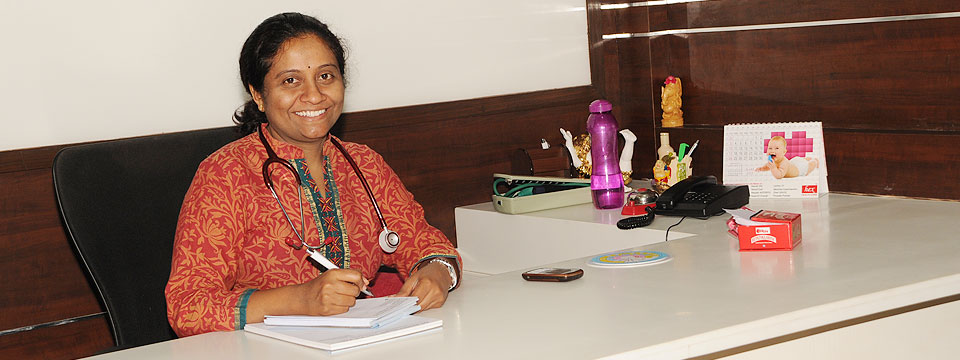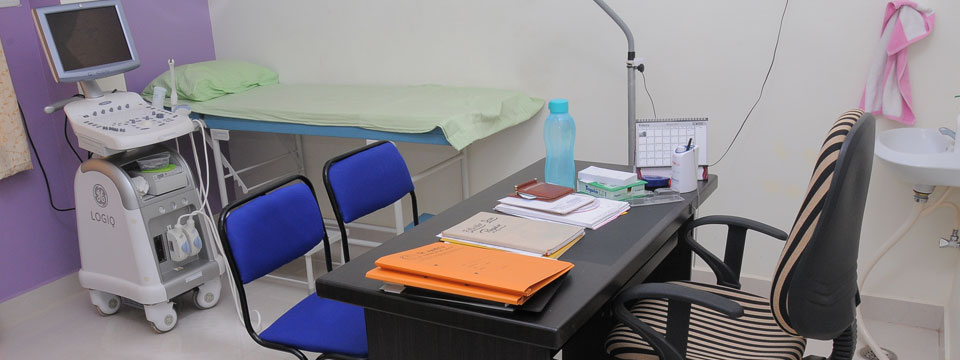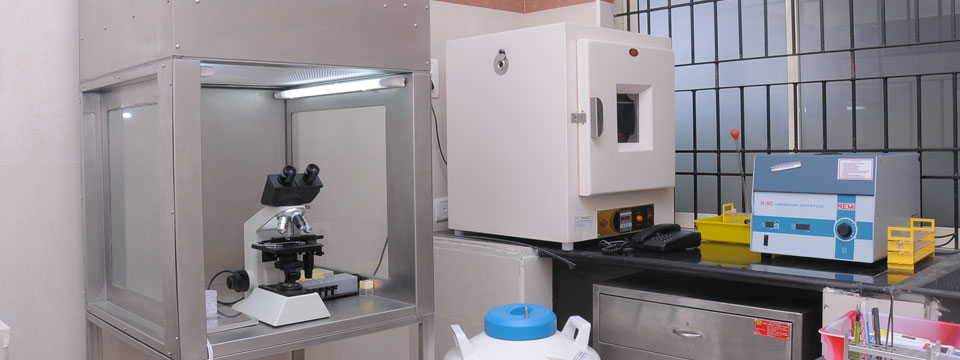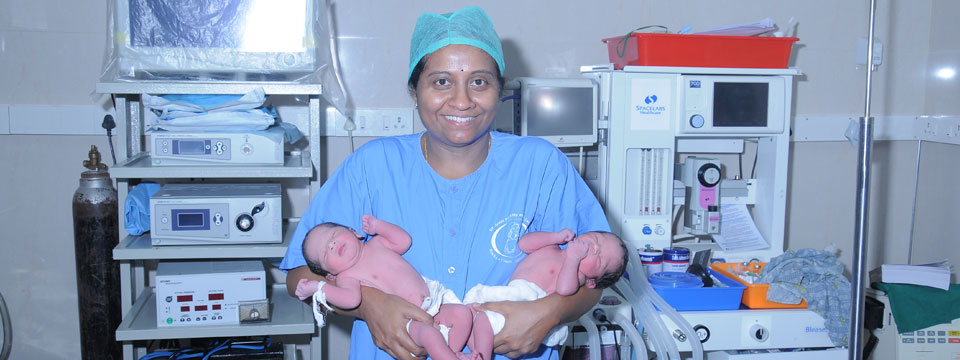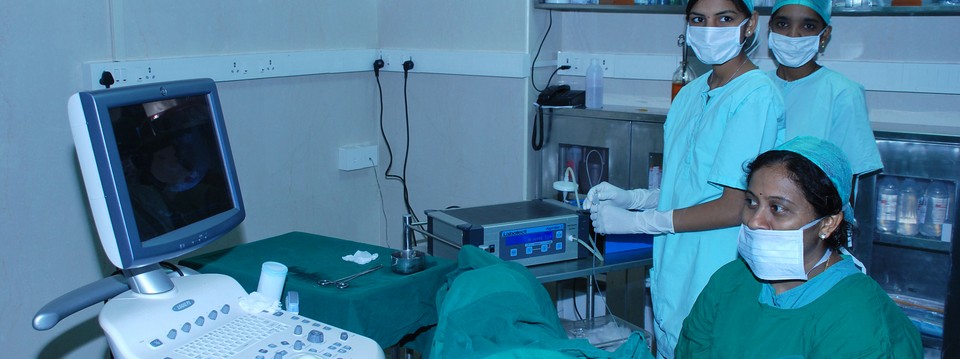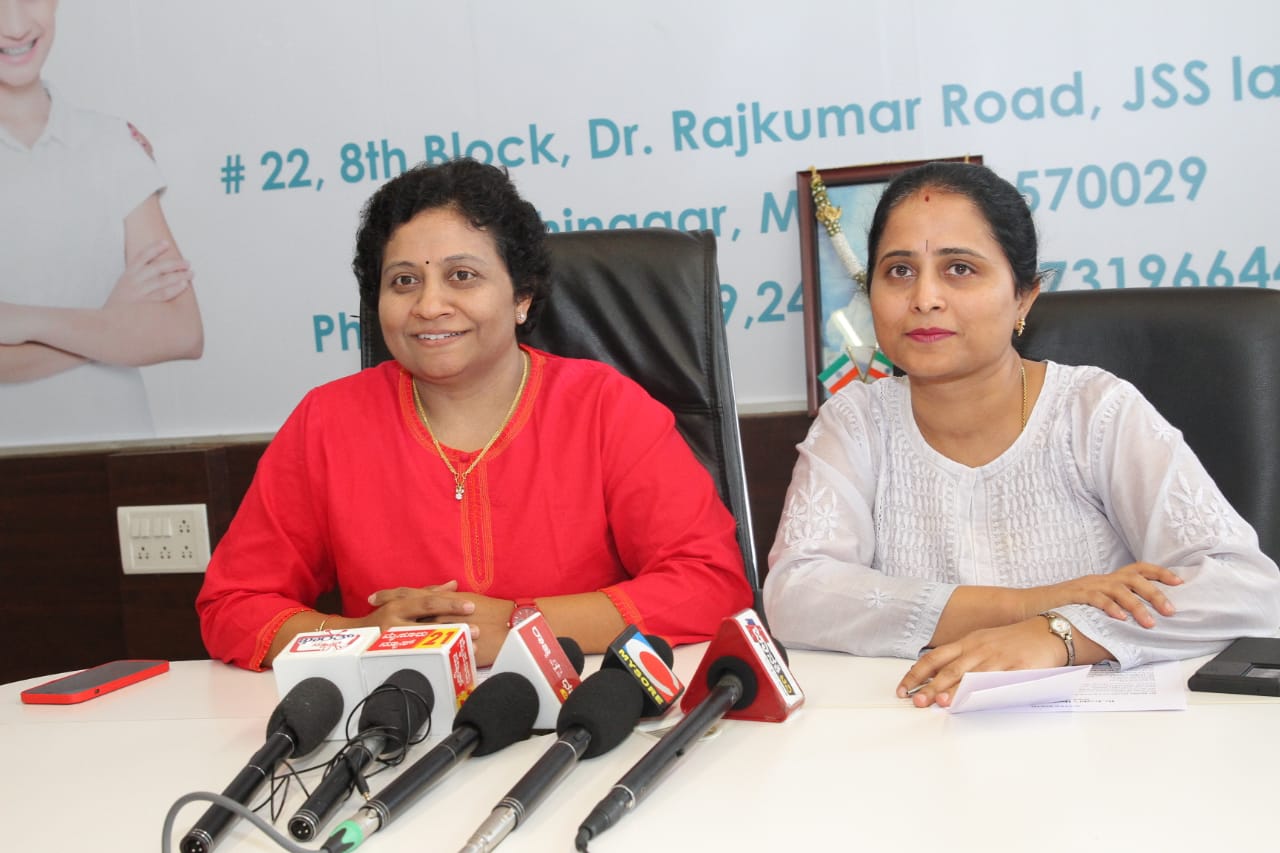Understanding Infertility
Infertility is generally defined as the inability of a couple to conceive a child after one year of unprotected sexual intercourse, the time in which about 90% of couples succeed. When a female is in her 20s, the average time to pregnancy is six months. This time frame reflects not only the limited few days in the middle of a woman's menstrual cycle when she ovulates and conception is possible, but also the fact that most conceptions do not survive beyond early embryonic development and are lost before a woman's next menstrual period. In addition, about 15% of couples with a clinical pregnancy go on to a spontaneous miscarriage. The female partner's reproductive age is also an important determinant of the man's ability to initiate pregnancy since the length of time required to establish pregnancy increases progressively with advancing maternal age. Fertilization of the egg is more difficult and early pregnancy loss is more frequent as a woman becomes older. Age is just one of a number of factors to consider when evaluating and diagnosing infertility causes.



